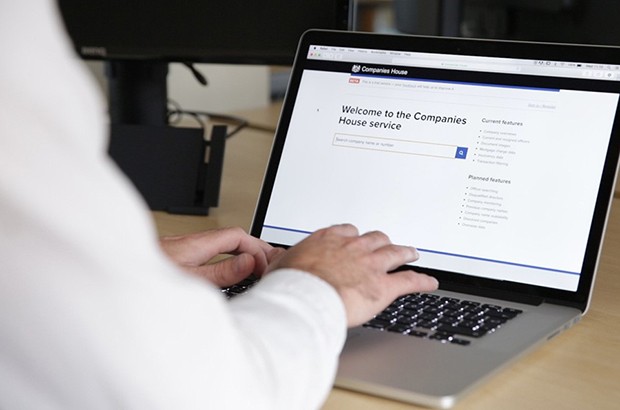There are lots of things you need to think about when starting a business. Many of the crucial elements of getting a business off the ground involves structured processes and planning, which can often be hard to get your head around.
My name is Neil Butler, I’m a business liaison manager here at Companies House. My role is to help those wanting to incorporate a limited company and to help them meet their responsibilities to us. I, along with my colleagues, run regular workshops at the Business & IP Centre, giving customers the know-how and tools to incorporate a limited company, and we’ve recently run successful webinars on the same topic. Below I’ve written some tips from our workshops and webinars to give you a flavour of the advice we provide.
Choosing a business structure
There are three main structures you can chose from when setting up a business: sole trader, limited company or business partnership.
You can also form an ‘unincorporated association’ if you’re setting up a small organisation like a sports club or a voluntary group and don’t plan to make a profit. In addition, there are structures for businesses that help people or communities, eg ‘social enterprises’. Whichever structure you chose for your business it will define your legal responsibilities, including:
- the paperwork you must fill in to get started
- the taxes you’ll have to manage and pay
- how you can personally take profit from your business
- your personal responsibilities if the business makes a loss
You can change your business structure after you’ve started up, but it’s easier to get it right from the start.

Pick a unique name
When incorporating a company, one of the main reasons for rejecting applications is a problem with the name. Before choosing a name you should use our WebCHeck service to ensure your chosen name is not the same as an existing name on the index of company names. You should also check the Trade Marks Register of the UK Intellectual Property Office to ensure that the proposed name does not infringe an existing trade mark. You can also seek advice from the Institute of Trade Mark Attorneys.
Please note: you cannot reserve a name. We cannot guarantee to process applications in strict order of the time or date of their receipt and in general electronic documents are processed more quickly than paper documents. You should also look at words that are restricted and/or require support. Further guidance can be found on our website.
Consider these three ways to incorporate a company
- web incorporation service – this is available on our site, it enables you to incorporate the basic private limited company limited by shares
- electronic software filing – use a third party or agent such as an accountant, a solicitor or company incorporation agent to incorporate a company
- paper filing – you can also submit paper documents to incorporate a company but this will take longer and cost more
You can find more information on which is the best way to incorporate your business on our site. If you’re not sure what type of company is suitable for you it’s sensible to seek professional advice.
Business activities
The UK Standard Industrial Classification of Economic Activities (SIC) is used to classify business establishments and other standard units by the type of economic activity in which they are engaged, using a coding system. It’s important to find out what SIC code you need when sending your documents to us. Business activities are only notified when the first annual return is submitted, and March and April tend to mark the annual peak for incorporations.
Get more help from us
We have some handy guidance booklets that show you what you need to know clearly and without using jargon. We also provide free access to over 170 million company records on our new service. Don’t forget to join us at webinars and workshops around the country, keep an eye on our site and social channels for details. Hopefully I’ll see you at one soon.
To keep in touch, sign up to email updates from this blog, or follow us on Twitter.
